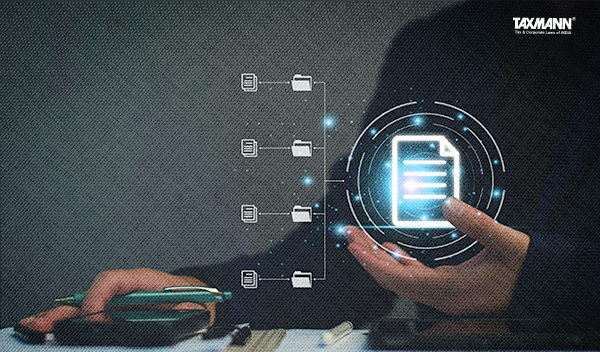[Opinion] Decoding the Supreme Court’s Safari Retreats Pvt. Ltd. Judgment | Implications for ITC Under GST for Real Estate Developers
- Blog|News|GST & Customs|
- 2 Min Read
- By Taxmann
- |
- Last Updated on 30 November, 2024

Manan Doshi & Pratik Trivedi – [2024] 168 taxmann.com 616 (Article)
1. Introduction
The Supreme Court’s decision in Chief Commissioner of Central Goods and Service Tax v. Safari Retreats (P.) Ltd. [2024] 167 taxmann.com 73/90 GSTL 3 (SC) has introduced much-needed clarity on the application of Input Tax Credit (ITC) under the GST framework, specifically in the context of immovable property. This judgment provides a comprehensive interpretation of Section 17(5)(c) and (d) of the Central Goods and Services Tax Act, 2017, and its applicability to goods and services used in constructing immovable property for commercial leasing and renting. Given the implications for developers and infrastructure companies, the judgment is a cornerstone for interpreting ITC provisions under GST.
2. Background of the Case – Issues at Stake
Safari Retreats Pvt. Ltd., a real estate company, constructed a shopping mall with the intent to lease out units, generating taxable rental income. The company claimed ITC on the goods and services used for the mall’s construction, arguing that it paid GST on these inputs and, under GST principles, should be able to claim ITC against its rental income. However, Section 17(5)(d) of the CGST Act restricts ITC on goods and services used to construct immovable property, unless the property qualifies as “plant or machinery.” Safari Retreats argued that this restriction would lead to cascading taxation, which contradicts the seamless credit framework GST seeks to establish.
3. Key Provisions Under Review – Section 17(5)(c) and (d)
Under GST law, ITC is generally available for input goods and services used in the course of business. However, Section 17(5) carves out exceptions to this rule, specifically:
- Clause (c) restricts ITC on “works contract services” when these are used for constructing immovable property, barring situations where the contract services themselves lead to taxable supply.
- Clause (d) goes further by restricting ITC for “goods or services received by a taxable person for constructing an immovable property on his own account,” with the crucial distinction being that it applies even when such property is used in the course of business.
Click Here To Read The Full Article
Disclaimer: The content/information published on the website is only for general information of the user and shall not be construed as legal advice. While the Taxmann has exercised reasonable efforts to ensure the veracity of information/content published, Taxmann shall be under no liability in any manner whatsoever for incorrect information, if any.



 CA | CS | CMA
CA | CS | CMA
